About the talk
During this talk Christine Staïesse shared a case study on building services with the Roma who live from begging in Lausanne, Switzerland.
During her talk, she shared her hard-learned lessons from building community and social services.
We are especially excited about this a talk because Christine isn’t your typical Service Designer. In fact she isn’t one! She is a pastor, teacher and community builder. She comes from the « getting shit done » side of the service world instead from the mapping and sticky note world. And that is something refreshing to see in a Service Design conference!
About Christine
Today, Christine Staïesse co-leads the work of the Salvation Army in Hungary as an associate Regional Officer. In her career Christine has lead many community and social work initiatives for the Salvation Army in Switzerland and the United States.
About the Swiss Service Design Day
This talk was part of the Swiss Service Design Day 2024. A one day hybrid conference that happened on June first 2024 and hosted by the HES-SO Valais Wallis.
This was a relaxed but insightful day that felt more like a family reunion than a fancy conference with lots of buzzwords but no practical learning.


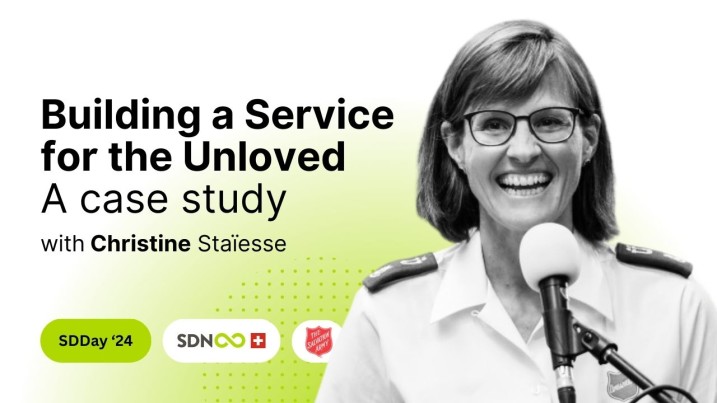
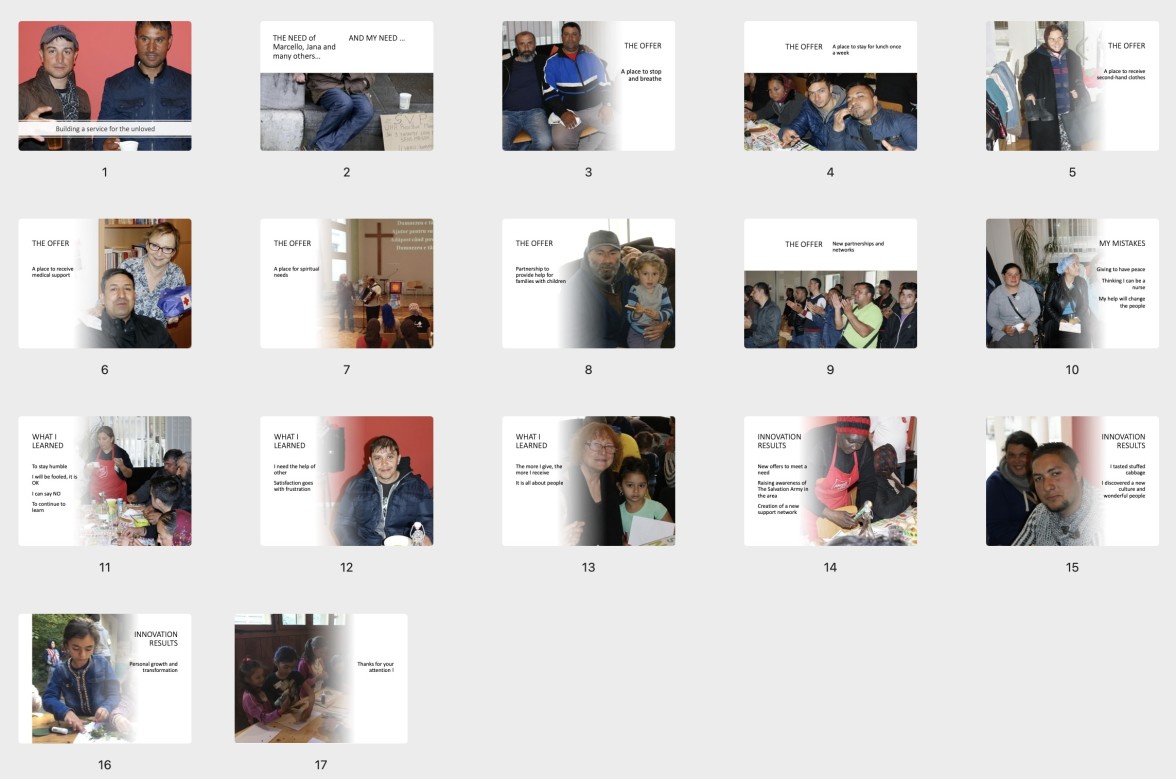


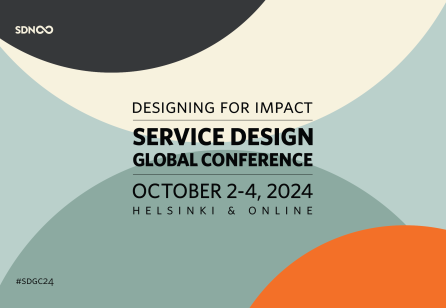
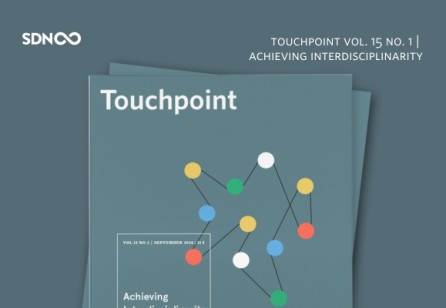
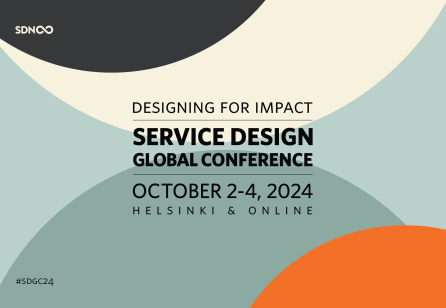


Share your thoughts
0 RepliesPlease login to comment